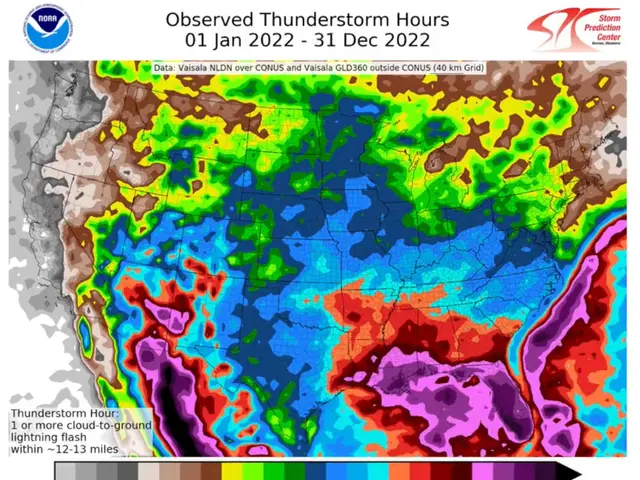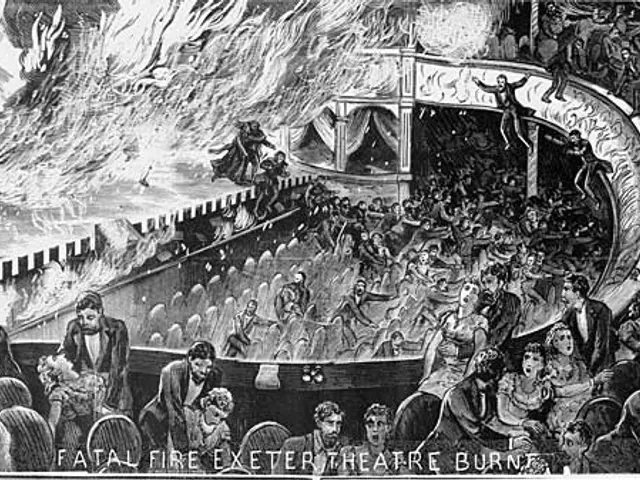Protests Planned for Caster Transportation in North Rhine-Westphalia
In the heart of Germany, the small town of Ahaus is at the centre of a contentious issue – the transportation and storage of nuclear waste. As of August 2025, approximately 300,000 fuel element pellets, stored in 152 Castor containers, are ready for transport from Jülich.
The permit for these transports is expected to be issued by the Federal Office for Nuclear Waste Disposal (BASE) in Berlin by mid-August, according to the SPD state parliament faction. However, the legal status remains complex, with ongoing negotiations among federal and regional authorities to approve the transports.
The nuclear waste includes graphite balls from research reactors in Jülich and Ahaus, totaling 457 Castor casks and approximately 895,000 graphite balls. The Ahaus interim storage facility, operated by Gesellschaft für Zwischenlagerung (BGZ), is responsible for receiving this spent fuel.
Anti-nuclear initiatives and BUND are not backing down, planning further protests. In May 2025, vigils and demonstrations were held, especially around infrastructure changes in Ahaus preparing for transports. Demonstrations were also planned in front of Ahaus City Hall coinciding with renovation work and presentations on nuclear waste plans.
An "extraordinary Sunday stroll" at the Ahaus interim storage facility is scheduled for August 31, followed by a demonstration in the city center on October 4. The initiatives argue that the transports would take place in a completely unclear legal situation due to the uncertainty of a new permit.
The storage hall in Ahaus, one of the oldest in the republic with the thinnest walls, has raised safety concerns among protesters. The initiatives demand that transport must not occur as long as the final storage question is unresolved.
Alexander Vogt, vice of the SPD state parliament faction, suggests that the nuclear waste transports could roll through North Rhine-Westphalia for the next four to eight years. The transports are also expected to involve nuclear waste from the Garching research reactor, with another 38 containers containing highly radioactive and highly enriched nuclear waste.
Despite these challenges, the federal government and the state of NRW have yet to seriously negotiate any sustainable solutions for the further storage of fuel elements in Jülich. The Ahaus interim storage facility's permit expires in 2036, and the process for a new permit does not begin until 2028.
A letter has been sent to Federal Environment Minister Carsten Schneider, North Rhine-Westphalia's Minister President Hendrik Wüst, and Minister of Economics Mona Neubaur, demanding last-minute talks. The initiatives view the transport project as a "giant project of four to eight years over dilapidated highways without any sense."
The nuclear waste issue remains under close scrutiny, reflecting Germany’s transitional phase in nuclear waste management and energy policy. Road heavy transports are planned for the Castor containers from Jülich, with preparation taking another six to eight weeks. The transports are expected to be a significant event in the region, lasting for the foreseeable future.
Read also:
- Germany's three-month tenure under Merz's administration feels significantly extended
- Hurricane-potential storm Erin forms, poised to become the first hurricane in the Atlantic Ocean this year.
- Skepticism About Climate Change Previously Held; Factors That Shifted Perspective Revealed
- Heavy rain causes flash floods in Hyderabad, resulting in severe waterlogging and disruptions to city life during a heavy downpour.








